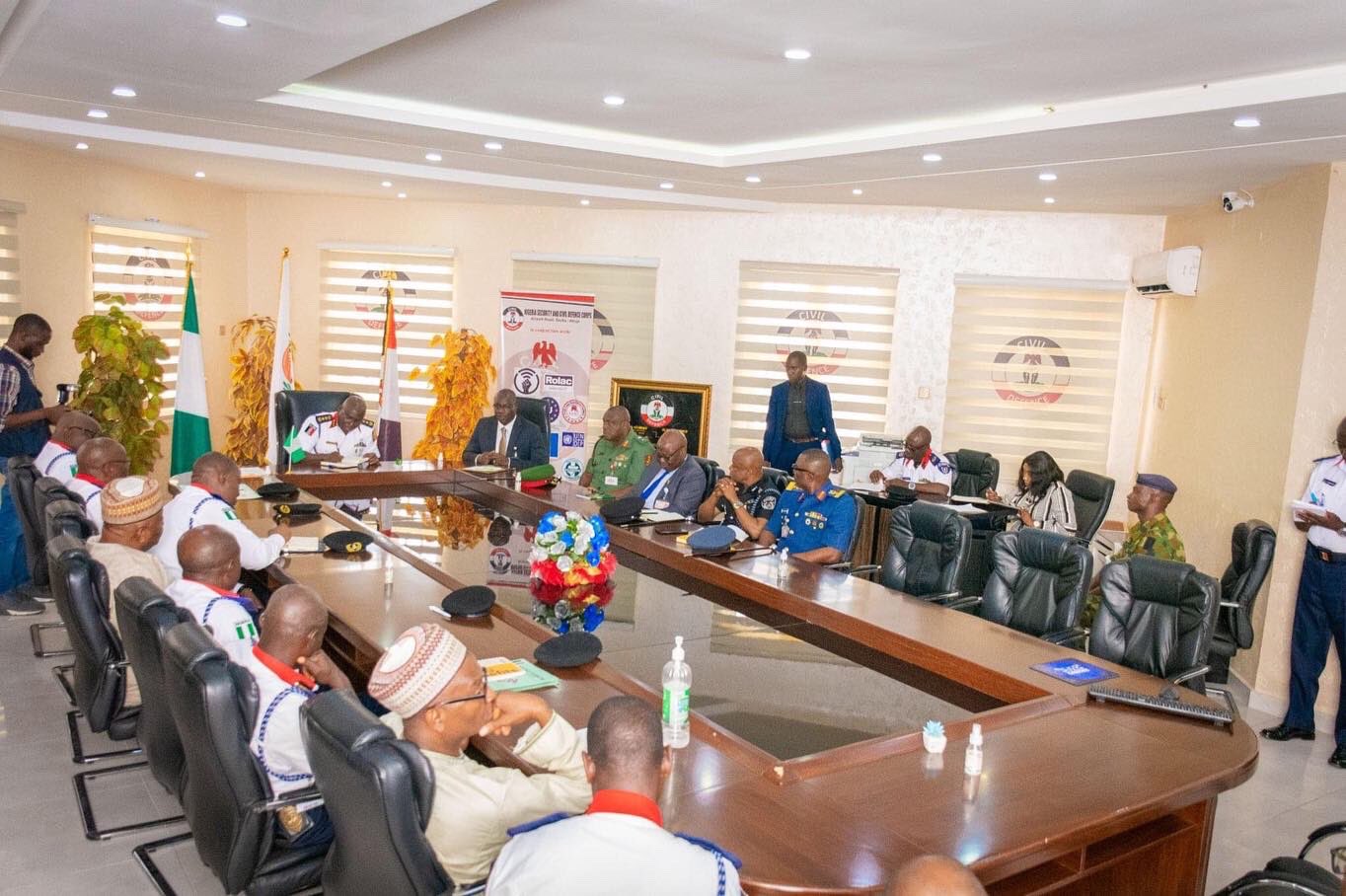Business
FG Plans Mass Timber Plantation In Nigeria …Establishes Wood Tech Park

The Federal Government has concluded plans to embark on mass plantation of timber across the country, and also establish a wood technology park for the training of wood technicians.
This, it said, is to be established through the Raw Materials Research and Development Council (RMRDC), adding that the move will help in the provision of raw materials for wood and wood products.
This was disclosed in a communique issued by the organisers of the Wood Expo Nigeria (WEN) put together from the WEN event held in Abuja and made available to journalists.
The organisers also used the communique to announce the 2022 edition of the expo coming up in Lagos in November.
The communique commended the Raw Materials Research and Development Council’s initiatives of proposing to jointly establish wood technology park for training of wood technicians.
It also noted and commended the proposed mass plantation establishment by the RMRDC across the country for sustainable provision of raw materials for the wood and wood products, pulp and paper industries, as well as for environmental protection.
The communique further noted that the objective of the expo was to promote sustainable use of forest resources as well as wood and wood products through the entire value chain in the sector, while working out economic strategies for effective competition in the global market.
“The forum noted the increasing environmental threats the country is facing as a result of forest depletion and the need to map out effective strategies to mitigate climate change effects.
“There is currently no certified forest in Nigeria, which queried the legality of forest resources in the international market.
“There is a need to have certified forests in order to meet the Federal Government’s 25 million tree planting policy, which is achievable”, it stated.
The communique also stated that in order to plant the 25 million trees across the country, WEN would partner with state governments and engage youths to create jobs from the value chain.
”WEN has a vision of partnering state governors to help the Federal Government realise its plan of planting 25 million trees.
“It is not a waste of time to secure land and plant trees because when you plant trees today, there are ready buyers to buy it off here in Nigeria and abroad. And biologically, it is beneficial to the environment.
“We will engage the youth in planting trees because it will be beneficial to both parties. The youths will benefit economically and it will also help us solve forest depletion in Nigeria”, it added.
By: Corlins Walter
Business
NCDMB, Jake Riley Empower 250 Youths On Vocational Skills

Business
NUJ Partners RSIRS On New Tax Law Education

Transport
Nigeria Rates 7th For Visa Application To France —–Schengen Visa

-

 Sports1 day ago
Sports1 day agoArsenal Women End Man City’s Invincibility
-

 Sports1 day ago
Sports1 day agoU-20 WWC: Falconets claim qualifier win
-

 Sports1 day ago
Sports1 day agoInsurance Deepen Enyimba’s Trouble
-

 Sports1 day ago
Sports1 day agoYouth Olympics preparation Gears up
-

 Environment1 day ago
Environment1 day agoRivers State Government Suspend Fire Service Collection Levies
-

 Sports1 day ago
Sports1 day agoTornadoes Set For NPFL exit over Stadium Ban
-

 Sports1 day ago
Sports1 day agoCologne Youth Team Set Crowd Record
-

 Environment1 day ago
Environment1 day agoLASEMA pushes attitudinal change to cut fire outbreaks in Lagos

